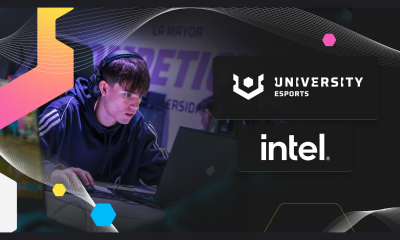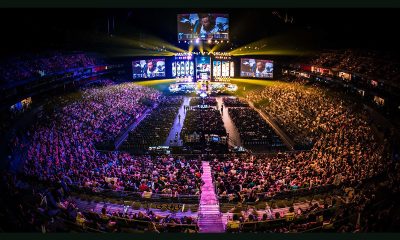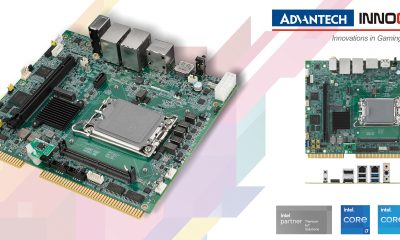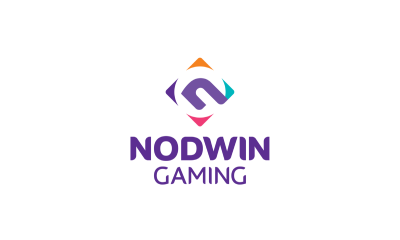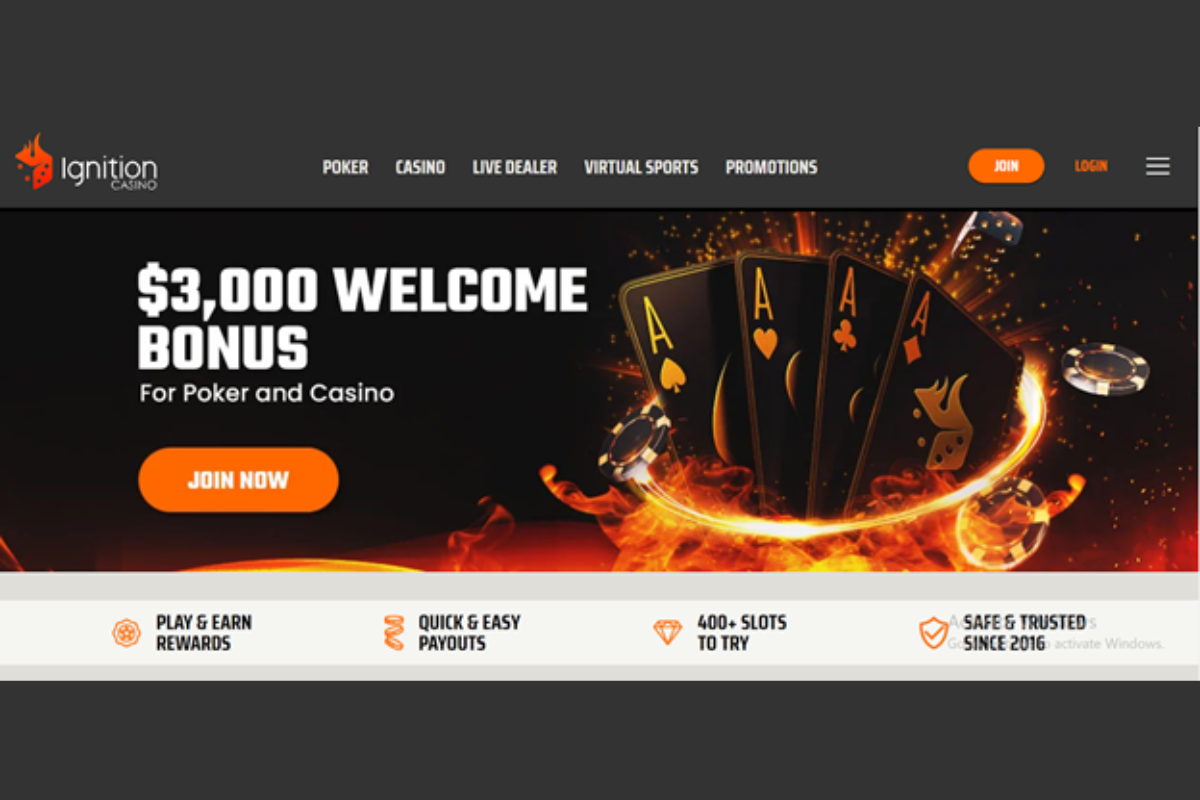eSports
New Data Reveals Parents and Teachers Want Esports in Schools

A UK study commissioned by Dell Technologies and Intel reveals parents and financial decision-makers in education are optimistic about the power of esports to drive learner engagement and outcomes.
According to the new research from OnePoll, parents and teachers want to see esports take a more significant role in children’s education. The survey is based on responses from 1500 UK parents with children who play esports and 500 financial decision-makers in education such as headteachers, CIOs and department heads.
The results show that over two-thirds (69%) of UK parents believe esports allows their children to develop skills that they might not get through traditional education methods. Of those, over half (54%) say esports gave children more confidence, with teamwork (62%), problem-solving (57%), and technological skills (55%) coming out as the top skills parents believe children can develop through esports.
“The capabilities demanded of tomorrow’s workforce will be those that technology cannot replicate. Soft skills that were once considered inferior to teachable ‘hard’ skills like machine operation will tip the balance in the future job market. Parents recognise the power of esports to develop their children’s people skills – to communicate, listen, even to lead. That’s a persuasive argument for schools that want their students to be future-ready,” Brian Horsburgh, Education sales director for Dell Technologies in the UK, said.
Top 7 Skills Learners Gain Through Esports According to UK Parents
Teamwork (62%)
Problem-solving (57%)
Technological skills (55%)
Confidence (54%)
Communication (54%)
Creativity (52%)
Leadership (45%)
The financial decision-makers in schools are optimistic about the value esports brings to education. Nearly four out of five (79%) believe esports should be taught in schools, and of those, over half (52%) think that esports being taught in school would help increase grades in other subjects.
Of those less enthusiastic about adding esports to the curriculum, more than three in five (61%) cite a lack of evidence in its educational benefits.
One organisation confident in the benefits that esports presents is The British Esports Association, which last year partnered with Pearson to create the world’s first government-approved qualification in esports, the BTEC Nationals Level 3 in Esports.
“We welcome further quantitative research around esports in education to support the feedback we’re getting from teachers and students about the positive impact esports has in their classrooms and school communities. Esports is a vehicle to motivate and engage a broad demographic of young people. As a teacher myself, I have seen first hand the benefits to my students when they participate and compete in esports,” Tom Dore, Head of Education at British Esports Association, said.
While the survey suggests an appetite from parents and teachers for esports in schools, it also highlights roadblocks to overcome. Over half (55%) of the financial decision-makers in education say that the equipment needed for an esports provision is too expensive for schools to consider. A similar number (53%) point to poor network connections at school or home as barriers to successfully implementing an esports programme. The survey also indicates that a knowledge gap could be hindering progress, with over a third (38%) claiming they did not have the teachers qualified to teach esports, and two in five (41%) attributing a lack of knowledge among parents as a blocker to progress.
“Esports has seen an explosion in popularity in the past few years, but it’s still relatively early days for esports in education. Partnerships with industry and government will be key to addressing the barriers of cost and accessibility. Having parents and educators on board will also be critical to success – we need esports advocates at home and at school to realise its potential in boosting learner outcomes,” Brian Horsburgh said.
“People do become professional esports players, often at a pretty young age, but esports is more than just players. Just as our drivers can’t race without their team, esports players can’t play without theirs – that means publicists, physiotherapists, nutritionists, chefs. We must embrace more ways for children – of all abilities, needs and backgrounds – to learn, and those ways should reflect the future career landscape,” Lindsey Eckhouse, Director of Licensing, Ecommerce & esports at McLaren Racing, said.
“The BTEC cover subjects like entrepreneurship, computer networking, health and nutrition, all through the lens of esports. Students gain a wide range of transferable skills and knowledge, helping to prepare them for careers in the global esports industry or closely related STEM, digital and creative industries,” Tom Dore, Head of Education at British Esports Association, said.
-

 Asia1 day ago
Asia1 day agoDigital gaming disruption tackled in 1st AsPac Regulators’ Forum
-
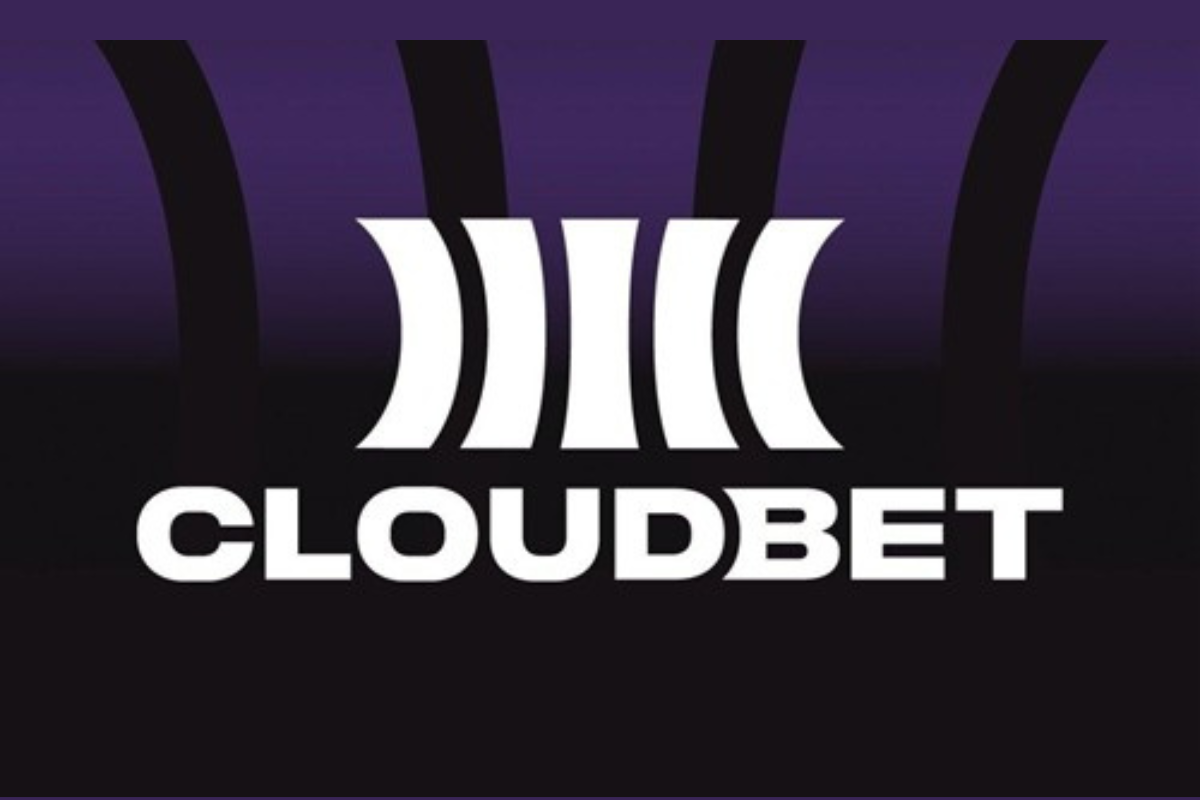
 Latest News4 days ago
Latest News4 days agoCloudbet maps regional betting trends in August–September 2025
-

 Latest News5 days ago
Latest News5 days agoHigh Roller Launches New Online Casino Brand in Finland
-

 Latest News5 days ago
Latest News5 days agoNetBet Denmark expands its casino library by adding SYNOT Games as a provider
-

 Central Europe5 days ago
Central Europe5 days agoPromatic Games and SYNOT Interactive Announce Strategic Partnership to Strengthen iGaming Expansion in Central and Eastern Europe
-

 Asia4 days ago
Asia4 days agoPAGCOR chief pushes for stricter regulation, not online gaming ban
-
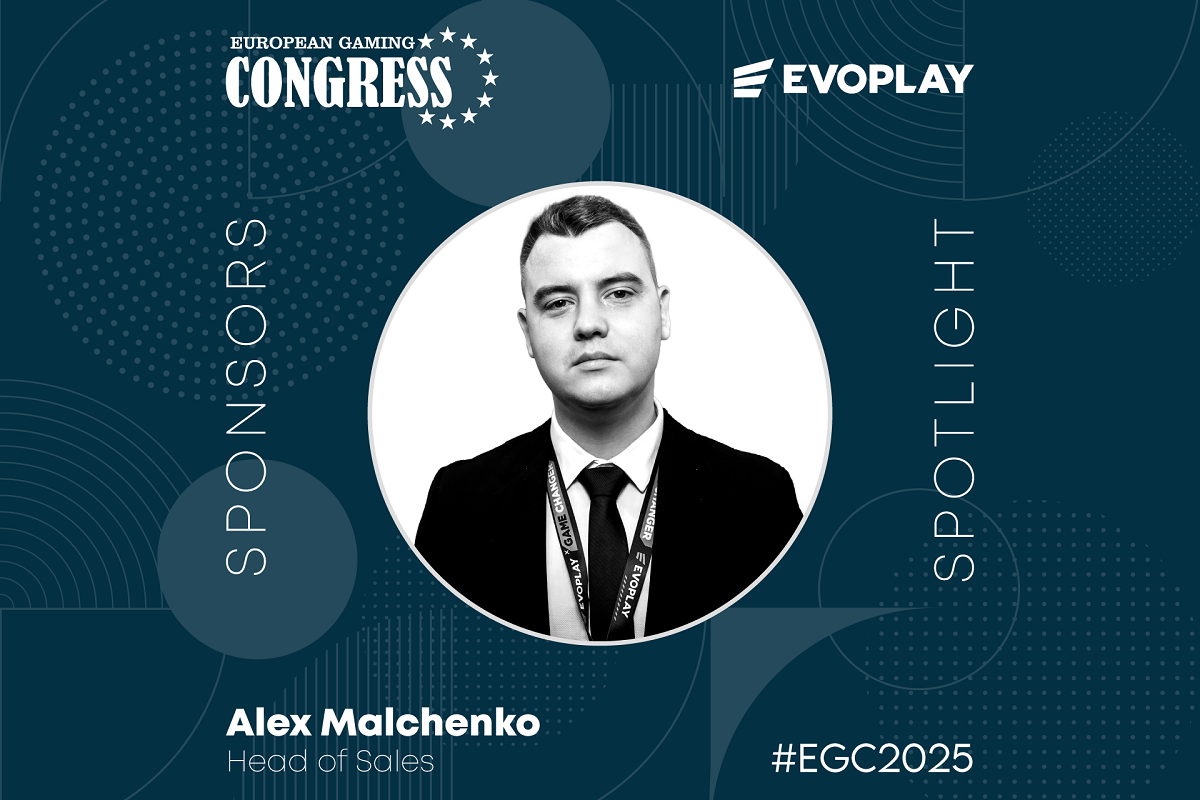
 Conferences in Europe4 days ago
Conferences in Europe4 days agoStrategies that Scale: Evoplay’s Alex Malchenko on Cracking the Code of Localised iGaming Success
-
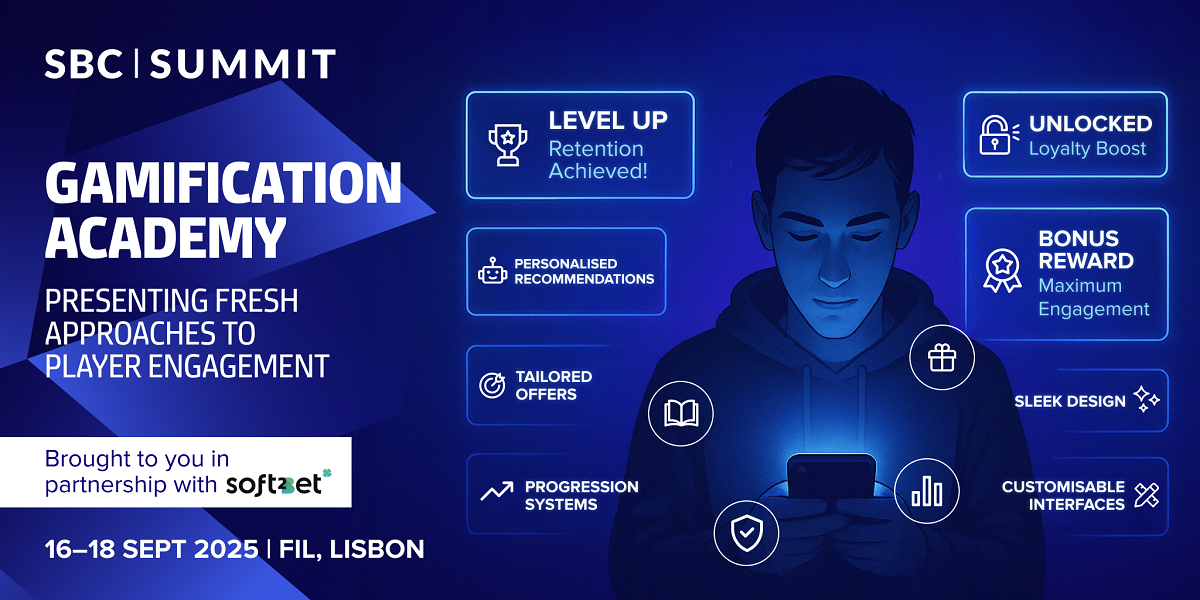
 Conferences in Europe4 days ago
Conferences in Europe4 days agoNew Gamification Academy at SBC Summit to Present Fresh Approaches to Player Engagement






